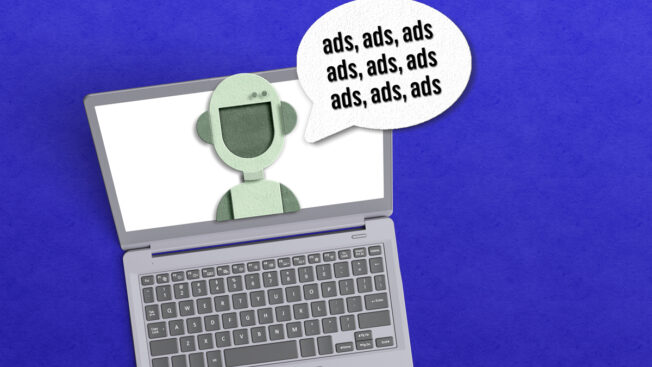AFFILIATE MARKETING
AI-Enabled Search Will Affect Publishers’ Affiliate Models

Many publisher affiliate programs also rely on real-world product testing to bring objectivity to their reviews, with some programs using labs and test kitchens to physically test products.
Even if AI-enabled search can crawl these pages and surface their results, the technology can’t test the products themselves, which entrenches the value of these affiliate divisions.
“Some of the blocking and tackling might change,” said Chris Lloyd, vice president and general manager of Reviewed, Gannett’s affiliate arm. “But the search engines will still surface results focusing on EAT: expertise, authority and trustworthiness.”
Publishers also expressed optimism about some of the ways in which technologies like ChatGPT could make their operations more efficient, particularly with processes like A/B-testing headlines and gathering research.
Shrinking the surface area
While AI-enabled search can’t currently replace the product-testing function of publishers, it will likely affect the topography of search engine results pages (SERPs).
Google has already begun devoting larger sections of its SERPs to in-house products like Google Shopping, and its chat box results will only further the trend, eating into valuable real estate, said Lloyd.
As a result, if publishers once needed to surface on the first page of Google, they might now need to appear in the first few results.
Likewise, shoppers are unlikely to purchase a product simply because AI-enabled search suggests it, but that could change given the price of the item or the urgency of the purchase. That could shrink the size of the affiliate market and pinch publishers even further.
The science of SEO will evolve
The need to optimize content for AI-enabled search will create a new breed of SEO, according to Young, and the publishers who master this science will reap the benefits.
“On Google, small changes that push you up or down the page affect your business materially,” Young said. “This is the equivalent of that squared.”
Publishers can also invest in channels like newsletters and text messaging that let them serve affiliate content to users without the interference of an algorithm.
These channels also let publishers collect first-party data and clearer information about peoples’ purchasing behavior, which will only become more critical as the process of content creation itself becomes commoditized.
“Everyone is trying to understand what AI will change,” said Bryce Widelitz, vice president of publisher innovation at Impact. “It won’t change how you buy things, but it will change what the research process looks like.”


![How AEO Will Impact Your Business's Google Visibility in 2026 Why Your Small Business’s Google Visibility in 2026 Depends on AEO [Webinar]](https://articles.entireweb.com/wp-content/uploads/2026/01/How-AEO-Will-Impact-Your-Businesss-Google-Visibility-in-2026-400x240.png)
![How AEO Will Impact Your Business's Google Visibility in 2026 Why Your Small Business’s Google Visibility in 2026 Depends on AEO [Webinar]](https://articles.entireweb.com/wp-content/uploads/2026/01/How-AEO-Will-Impact-Your-Businesss-Google-Visibility-in-2026-80x80.png)














